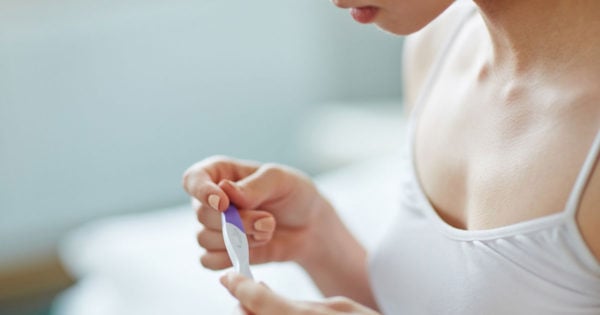If you’re looking for advice about options surrounding fertility, pregnancy or counselling, always consult your doctor.
A finding that turns up in surveys on fertility time and time again is that many Australians believe they should just keep trying to conceive naturally without seeking medical advice, even if it hasn’t worked after 12 months.
It’s important this misconception is addressed head on because it could seriously impact people’s chances of having a baby.
Genea Medical Director and Fertility Specialist, Associate Professor Mark Bowman, said the widely accepted medical recommendation is that couples over 35 should seek help after six months of unprotected sex without success. If you’re under 35, try for 12 months and then talk to a doctor who specialises in fertility. As Associate Professor Bowman explains, your chance of getting pregnant doesn’t increase the longer you try.
“Those couples who conceive naturally, irrespective of age, will tend to do so in the first few months of trying and most couples who are destined to conceive will do so within six to 12 months. Once the woman is over 35, age becomes a greater factor and the chance of natural conception as time goes on falls significantly,” Bowman said.
Age is the main factor in this discussion about fertility and a woman’s age is most important. As much as society, the media and our friends keep telling us that 40 is the new 30, women’s eggs missed the memo.
Frustrating though it is, female age is one infertility factor we can do little to combat retrospectively.





























































































